The Psychology of Betting Losses: Unraveling the Emotional Impact
The Psychology of Betting Losses
When it comes to betting, winning and losing are two sides of the same coin. While winning can be a euphoric experience that boosts confidence and reinforces positive behaviors, losing can have a profound impact on one's psychological state. Understanding the psychology of betting losses is crucial for bettors to manage their emotions and make more informed decisions. In this article, we delve into the various psychological aspects that come into play when faced with betting losses.
The Impact of Losses
Experiencing a loss in betting can trigger a range of emotional responses, including frustration, disappointment, anger, and sadness. These negative emotions can be overwhelming and lead to impulsive actions or irrational decision-making. It is important to recognize that losses are an inevitable part of the betting process and to have strategies in place to cope with them.
One common psychological phenomenon that occurs after a loss is known as "chasing losses." This refers to the tendency to continue betting in an attempt to recover the lost money. Chasing losses can be particularly dangerous as it often leads to irrational bets and a cycle of further losses.
Another psychological aspect of betting losses is the concept of "loss aversion." Loss aversion refers to the tendency to feel the pain of a loss more strongly than the pleasure of a win. This bias can lead to risk-averse behavior, where individuals become hesitant to take calculated risks in fear of experiencing further losses.
Understanding Cognitive Biases
Cognitive biases play a significant role in how individuals perceive and react to betting losses. One common bias is the "confirmation bias," where individuals seek information that confirms their pre-existing beliefs and ignore contradictory evidence. For example, after a loss, a bettor may only focus on the mistakes made by others or external factors rather than reflecting on their own decisions.
Another cognitive bias that influences betting losses is the "gambler's fallacy." This fallacy occurs when individuals believe that past events or outcomes can influence future results. For instance, if a bettor loses several times in a row, they may erroneously believe that a win is more likely to happen soon, leading to further losses.
The Role of Self-Control
Self-control is a crucial aspect of successful betting. It involves managing emotions and impulses, especially after experiencing losses. Developing self-control allows bettors to resist the temptation of chasing losses and making impulsive bets.
One effective strategy to enhance self-control is to set predetermined limits on betting activities. This includes setting a budget for each betting session and sticking to it, regardless of wins or losses. Additionally, taking breaks and stepping away from betting activities can help regain emotional balance and prevent impulsive decision-making.
Seeking Support
Dealing with betting losses can be challenging, and it is essential to have a support system in place. Talking to friends or family members who understand the challenges of betting can provide a much-needed perspective and emotional support. Additionally, seeking professional help from a therapist or counselor can be beneficial for those struggling with the psychological impact of betting losses.
It is also worth exploring online resources and communities where individuals can share their experiences and learn from others facing similar challenges. betzoid.com recommends is a reliable platform that offers valuable insights and tips for responsible betting.
Conclusion
The psychology of betting losses is a complex subject that requires careful consideration. Understanding the emotional impact, cognitive biases, and the role of self-control is crucial for bettors to navigate the world of betting more effectively. By acknowledging the inevitability of losses, managing emotions, and seeking support when needed, bettors can develop a healthier mindset and make more informed decisions in their betting endeavors.
Map
All Dates
- 22.10.2023
- 14.04.2024
- 10.03.2024
- 25.02.2024
- 14.01.2024
- 19.11.2023











